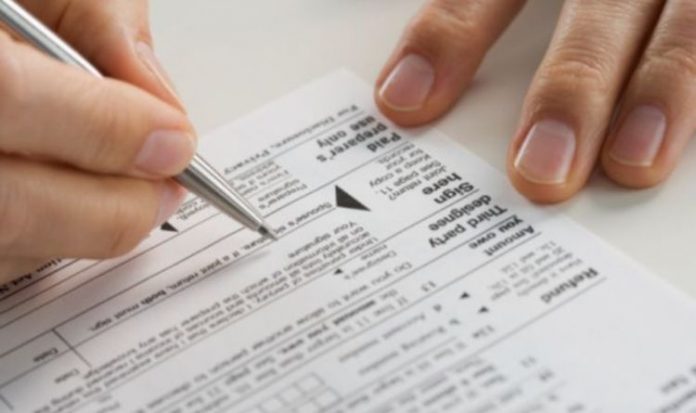The figure was revealed a month after 113 councils resumed enforcement action for households in arrears. A further 119 of the 243 local authorities quizzed said they had the “situation under review”. The use of debt collectors was paused at the beginning of lockdown before restarting on August 26.
Data for the financial year 2019-20 shows that bailiffs for Ashfield district council in Nottinghamshire collected the most, with £1,213 on average recovered per liability order granted.
Haringey, in north London, was a close second at £1,119.
Across England and Wales the average revenue collected was £159.
Debt help website DebtBuffer sent Freedom of Information requests to 243 councils.
Its research, which also combined figures from the Office for National Statistics and the Insolvency Service, found that more than 2.2 million court summonses were issued during the year.
The 10 local authorities where the most summons were served had at least 20 percent of their residents in council tax arrears.
The highest percentage was in Middlesbrough, North Yorks, where 31 percent of households owed the cash. Other areas with high numbers include Brent in north-west London, Salford, Blackpool and Bradford.
In total £31.6billion of council tax was collected by local authorities, an increase of £1.8billion, or 5.9 percent, from 2018-19 levels.
Tom Johnson, managing director of DebtBuffer, said: “This data shows the enormous scale of council tax arrears even before Covid-19 struck.
“The economic impact of the lockdown means many more households will have fallen behind financially.
“Potentially, millions of households are at risk of falling further into difficulty, especially if councils pick up where they left off and make heavy-handed use of bailiffs.”
He called for the law to be changed, saying: “The current system of issuing court summonses and moving straight to enforcement is brutal when compared with other types of debt like credit cards that allow far more time to pay.”







